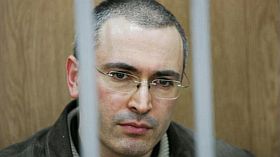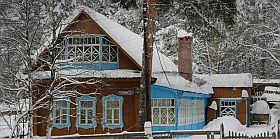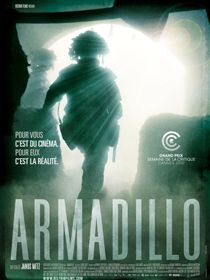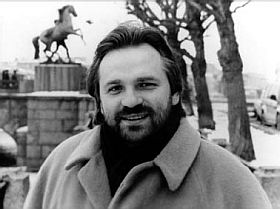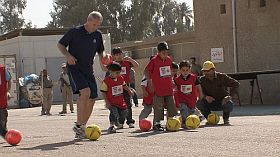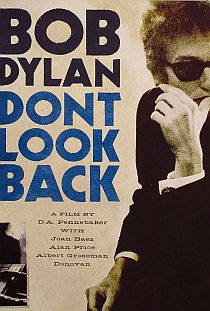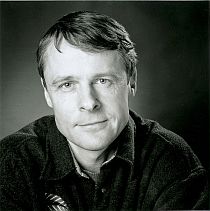


Doc Discussion/ 9
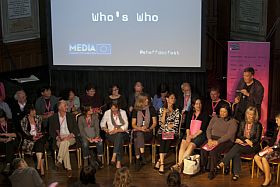
Charlie Phillips writes: Tue has kindly given us an opportunity to respond to some critical comments about Sheffield Doc/Fest in the last few months on his blog.
We think this blog is brilliant, especially with the recent discussions over the direction of documentary, so we’re certainly not using this opportunity to complain about anyone’s right to express their opinions here. We love documentary for its democracy and its diversity of views – if anyone doesn’t feel we’re serving their needs as doc professionals, then that’s their welcome right. We’re just using our right to reply.
First, we want to respond to Tue’s comments on 7th June that we were looking a bit provincial at the 2011 festival. There were 21 different countries represented in the film programme, of which the UK and US were just two, and the diversity of delegates attending numbers about 50 different countries.
We think we’re truly international, but regardless, festivals aren’t a numbers game. It’s about showing the best work, and though the process of reducing 2000 submissions to under 200 screened films probably does miss some treats and involves hard decisions, the greater evil would be a tokenistic geographical spread. Public funding for festivals especially involves a need for diversity and spread that doesn’t implicitly reflect quality. We’d be criticised for implementing a quota system – isn’t that the greater evil than a system that puts quality first ? Albeit of course subject to the idiosyncrasies of human programmers.
The other blog we’d like to respond to is Doug Aubrey’s of last week. Many of his criticisms of commissioning and the current risk-averse culture of some
doc funders are accurate and are opinions we sympathise with. But surely it’s not fair to blame us for that? Especially when events like MeetMarket and our year-round training and mentoring opportunities are attempts to support and showcase as many people and projects as possible that need personal attention and matchmade meetings rather than a remote closed one-size-fits-all attitude.
We think that what we do is the polar opposite of the ‘pole-dancing’ pitch scenario in that it’s focused around private meetings and consensual encounters. We try and give you what you want in a way that funders or resource-holders have a chance to understand and respond to consensually. If they show interest, it’s real interest, it’s not constructed by us for show. If they’re not interested, that’s a wider problem of taste that yes, perhaps all of us together need to discuss and combat. But we’re not the enemy in that scenario.
It’s worth stating for the record that all of us at Doc/Fest have a massive passion for documentary and documentary filmmakers, and that you – the documentary-makers are our top priority. We’re not brand managers, we’re not profit makers, we’re running a festival we love for the benefit of all in the industry making brilliant work, or with the potential to make something beautiful. It’s that naïve and that uncynical.
We’re not perfect, but we are led by you – if you help us to be what you want us to be, then we can build something constructive together.
Charlie Phillips is Marketplace Director at Sheffield Doc/Fest
